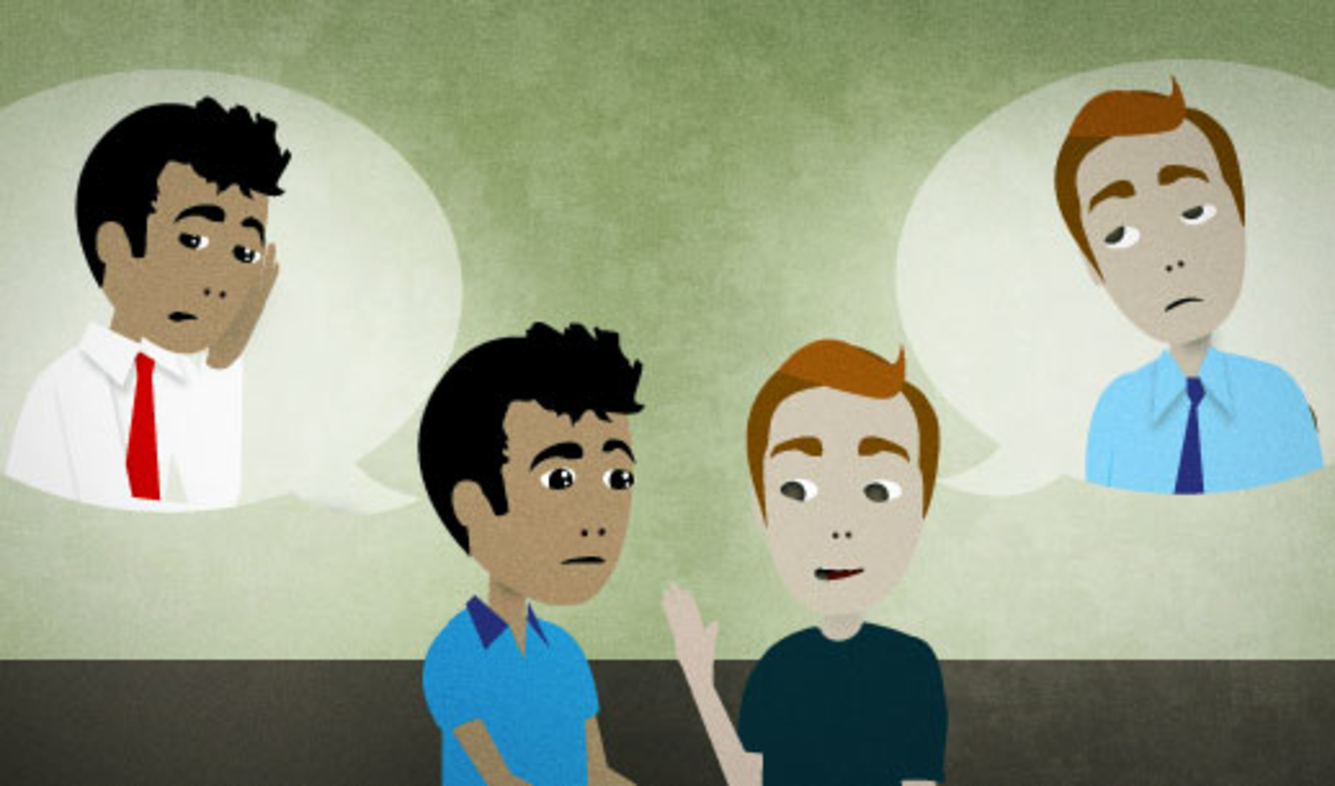“I can definitely relate to that.”
Your friend is telling you that he's bored at work and unsatisfied with his job. You feel the same way about your job. You say this.
I can definitely relate to that.
Want Video and Sound? Follow us on YouTube

definitely (do something)
When you use "definitely", it means that you're sure. You use it to show how strongly you feel:
I definitely want to go.
"Definitely" is often used together with "can tell":
I can definitely tell that you've lost some weight.
You use "definitely" before a verb, but you can also use it before an adjective:
I'm definitely taller than him. He's like two inches shorter than me.
(someone) can relate to (a feeling)
Being able to "relate to" a feeling or experience means that you understand it. It might mean that you've had the same feeling or experience before. In other words, this is an expression for showing sympathy.
Most parents can relate to the feeling of being overwhelmed when you have your first child.
I've been made fun of my whole life. I don't know if that's something that you can relate to.
You usually talk about "relating to" a feeling. It's a little odd to directly say "I relate to you" though. Instead you might say something like:
I can relate to your situation.
I can relate to how you feel. The same thing happened to me when I first moved here.
definitely (do something)
In the example above, the speaker says "I can definitely relate to that" to show that he really, completely agrees with his friend.
